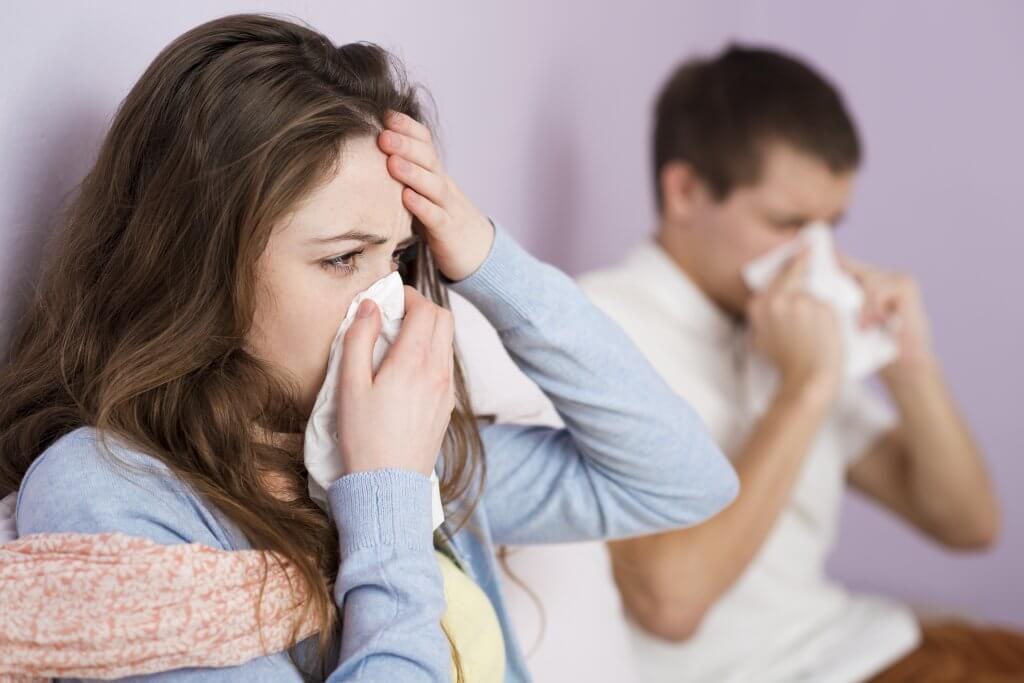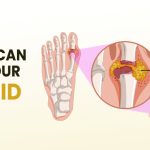
Mild or moderate cases of COVID-19 typically endure for approximately two weeks in the majority of individuals. However, for a subset of patients, the long-term consequences of COVID-19 can lead to persistent health issues and wreak havoc on their well-being for several months.
The majority of individuals diagnosed with COVID-19 experience an improvement in their condition within a few days or weeks after the onset of initial symptoms, ultimately making a complete recovery within a span of 12 weeks. However, it is important to note that for certain individuals, symptoms may persist for a longer duration.
This persistent condition is commonly referred to as long COVID or post COVID-19 syndrome. Long COVID represents a novel medical condition that is currently under extensive research and investigation. Individuals experiencing long COVID may have symptoms that persist for weeks or even months after their initial COVID-19 infection. These symptoms can range from fatigue and respiratory issues to cognitive problems and muscle aches. For more information on the latest research and findings on long COVID, you can refer to the Inderbir Singh textbook download.
What causes post-COVID syndrome?
It is evident that individuals with specific risk factors, such as high blood pressure, smoking, diabetes, obesity, and other conditions, are more susceptible to experienc-ing severe symptoms of COVID-19. However, the connection between these risk factors and long-term complications remains unclear. Surprisingly, even individuals with mild initial symptoms can develop long COVID, although those who initially suffered from a more severe illness appear to be at a higher risk of long-term impair-ments.
Further research endeavors will provide valuable insights into the underlying reasons behind the persistence of these persistent health issues in certain individuals.
Symptoms of long COVID
The most common symptoms of long COVID are:
- Extreme tiredness (fatigue)
- Feeling short of breath
- Loss of smell
- Muscle aches
Diabetes after COVID-19
The relationship between COVID-19 and diabetes, particularly type 2 diabetes, is intricate. Type 2 diabetes serves as a risk factor for severe cases of COVID-19, and it appears that certain individuals who have recovered from COVID-19 are exhibiting signs of developing type 2 diabetes.
What are the underlying factors contributing to the symptoms experienced by COVID long haulers?
The SARS-CoV-2 virus exhibits a multifaceted attack on the human body, inflicting damage on various vital organs such as the lungs, heart, nervous system, kidneys, liver, and more. In addition to the physical repercussions, mental health issues can also emerge as a result of factors like grief and loss, persistent pain or fatigue, or the development of post-traumatic stress disorder (PTSD) following treatment in the intensive care unit (ICU).
Medical professionals have observed a wide range of symptoms in individuals who have recovered from acute COVID-19, some of which align with those typically seen in other critical illnesses. While some symptoms may be relatively minor, others necessitate ongoing care and, in certain cases, even readmission to the hospital.
Breathing Issues after COVID-19
Severe cases of COVID-19 can result in lung scarring and other long-lasting complications. However, even mild infections can lead to persistent shortness of breath, causing individuals to become easily winded even with minimal exertion.
Fortunately, lung recovery is achievable following a COVID-19 infection, although it requires a considerable amount of time. Experts suggest that it may take several months for an individual’s lung function to fully restore to its pre-COVID-19 state. To aid in this recovery process, engaging in breathing exercises and receiving respiratory therapy can be immensely beneficial.
By diligently practicing these techniques, individuals can enhance their lung capacity and regain their previous level of respiratory function. These methods not only contribute to physical recovery but also promote overall well-being and quality of life.
Long COVID Symptoms in Children and Teens
The extent to which children who have contracted COVID-19 are more or less prone to experiencing persistent symptoms compared to adults remains uncertain. However, it is plausible that children may also develop long-term effects of COVID-19, which can manifest as fatigue, headaches, challenges in academic performance, mood disturbances, shortness of breath, and other symptoms commonly associated with long-haulers.
Long-term COVID-19 problems challenge health care, too
Millions more individuals have contracted COVID-19 compared to SARS or MERS, thereby magnifying the potential issue of persistent health complications. This concern becomes even more significant within the context of the ongoing pandemic, where factors such as isolation, economic hardships, limited access to resources, and disrupted daily routines further exacerbate the complexities associated with long-term COVID-19 care.
When should I see a doctor about post-COVID-19 symptoms?
Long-term symptoms associated with COVID-19 may resemble indications of other diseases, underscoring the importance of consulting your doctor to rule out alternative conditions such as cardiac issues or lung disease.
It is crucial not to dismiss symptoms like loss of smell, depression, anxiety, or insomnia as insignificant or mere figments of the imagination. Any symptom that disrupts your daily life warrants a call to your doctor, who can provide guidance and support to address these issues and enhance your overall well-being.
In the event of experiencing new chest pain, difficulty breathing, bluish lips, or any other signs of a life-threatening problem, immediate medical attention should be sought through emergency services.
References:
- ‘Pandemic! COVID-19 Shakes the World‘, by Slavoj Zizek [Published by Polity Press (2020 1st edition)] (ISBN: 1509546103)
- The COVID-19 Catastrophe: What’s Gone Wrong and How to Stop It Happening Again, by Richard Horton [Polity Books (2020 1st edition)] (ISBN: 1509546464)
You May Also Like : All MBBS Books PDF 2024 FREE Download


